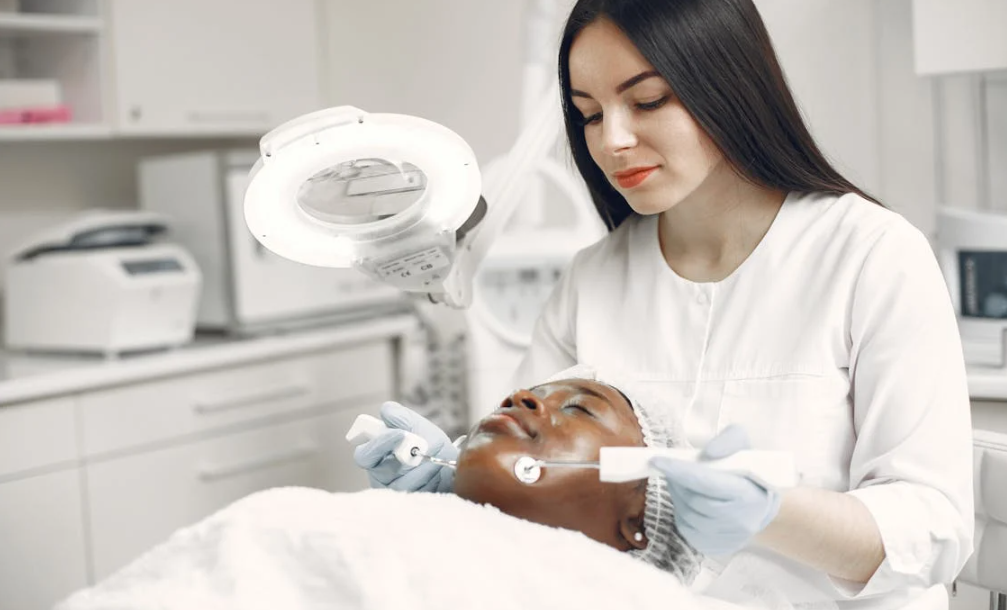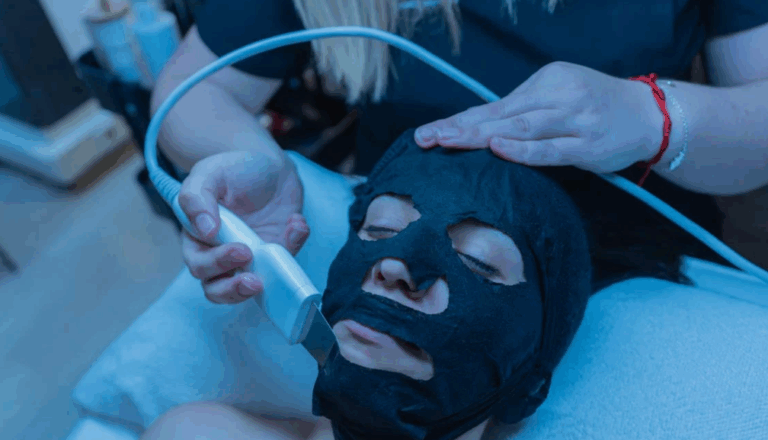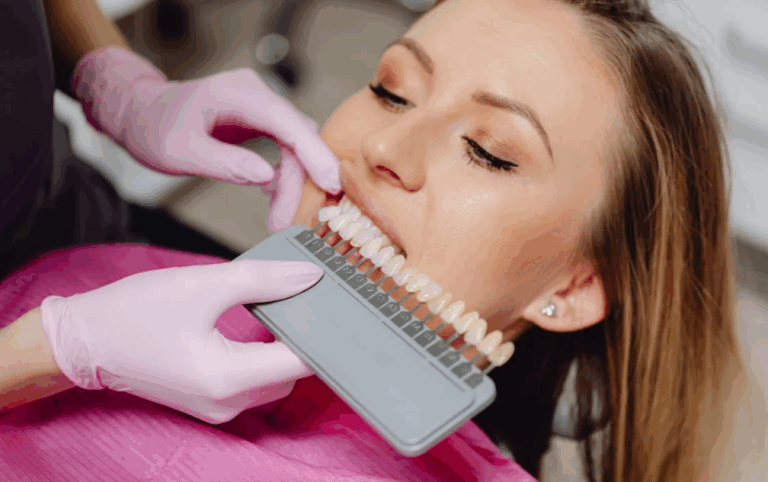
-
Login
-
Sign Up

Log in to your iBeauty account
Access Your Account for a Universe of Possibilities
at Your Fingertips.

Sign up and start learning
Take the First Step Towards Learning. Sign Up Today &
Expand Your Horizons!
Log In
Sign Up
Don’t have an account yet? Sign Up
or continue with
By Sign up, you agree to our Terms and Use and Privacy Policy
Already have an account? Sign In
Skincare Specialist Salary: How Much Can You Earn in 2025?
July 22, 2025
241 Users


 " alt="Microdermabrasion Training: What to Expect & How to Get Certified" />
" alt="Microdermabrasion Training: What to Expect & How to Get Certified" />
 " alt="Permanent Makeup: A Step-by-Step Guide to Starting Your Career" />
" alt="Permanent Makeup: A Step-by-Step Guide to Starting Your Career" />
 " alt="Teeth Whitening Certification: Is It Worth It for Beauty Pros?" />
" alt="Teeth Whitening Certification: Is It Worth It for Beauty Pros?" />